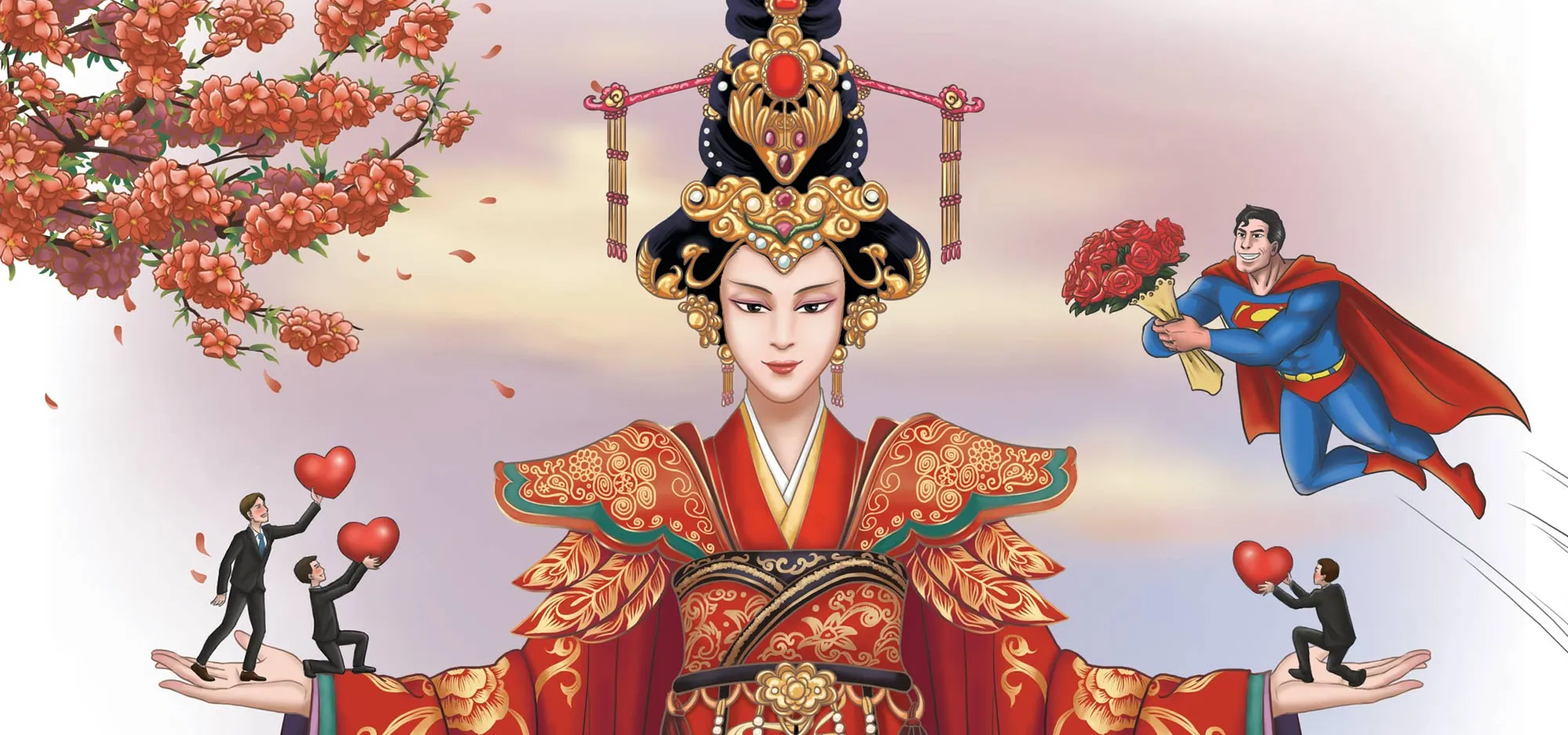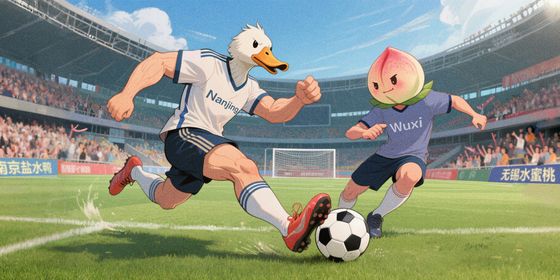Some of the most infamous Chinese TV character clichés, as defined by netizens
Mainstream television relies on stereotypes and Chinese TV is no exception: Women are always victims, waiting to be rescued by men; intellectuals are usually pedantic, dull, or laughable; and fuerdai, or the “second-generation rich,” are shallow, condescending bullies. Here are some of the most infamous Chinese TV character clichés, as defined by netizens.
Mary Sue (玛丽苏)
The popular Mary Sue (Mǎlìsū) refers to the idealized female lead: She is beautiful, virtuous, and has it all. Men swoon over her, women scheme against or idolize her, and while she herself would never stoop to plotting, it seems that wealth, power, and fame simply fall into her lap.
The name comes from the 15-year-old heroine of Paula Smith’s 1973 fan fic “A Trekkie’s Tale,” in which Lieutenant Mary Sue becomes the youngest, smartest person to graduate from Starfleet Academy. It was originally meant to satirize unrealistic characters in Star Trek fan fiction.
My God! Emperor Wu Zetian was portrayed as a Mary Sue!
Tiān a! Nǚhuáng wǔzétiān jūrán bèi yǎn chéngle mǎlì sū!
天啊!女皇武则天居然被演成了玛丽苏!
Mary Sue has a male counterpart: Jack Sue (杰克苏 Jiékèsū). He’s smart, rich, powerful, and handsome—women want him, men want to be him, viewers want to hit him.
White Lotus (白莲花)
In Chinese culture, the lotus symbolizes the purity of heart and virtue of the soul. The “white lotus” (báiliánhuā) character is morally perfect, kindhearted, and harmless. They have no dark side, even if they leave “unintended” casualties behind them. For example, in Fantasies Behind the Pearly Curtain, the female lead Ziling claimed she never meant to steal her sister’s boyfriend, she just couldn’t hold back her strong feelings. Or maybe they make mistakes just because they are likeable, clumsy fools: There is even a term for this trait, 傻白甜 (shǎ bái tián), meaning “silly, innocent, sweet.” Their characteristics are a child-like nature, optimistic attitude, outspoken nature, and simple but big heart. By itself, 傻白甜 can be regarded as a neutral term and whether it’s complimentary or derogatory depends on the context. Some people find their innocence endearing:
This “silly innocent sweet” heroine is truly adorable.
Zhège shǎ bái tián nǚ zhǔ zhēn de hěn kě’ài.
这个傻白甜女主真的很可爱。
Others dislike a “sweet idiot,” because they regard kindness as a form of stupidity.
He is nothing more than a sweet idiot.
Tā zhǐ bùguò shìgè shǎ bái tián éryǐ.
他只不过是个傻白甜而已。
As the famous Song dynasty essay “My Love for Lotus” (《爱莲说》) puts it, the white-lotus character is often described as “rising unsullied from mud,” making those around them seem like the dirt from which the unique “white lotus” proudly blossoms. As charming as this term seems, it, too, can have an acerbic edge in certain contexts, where it might suggest hypocrisy or pretense.
I’ve had enough of this heroine, acting like a “white lotus” all the time.
Wǒ zhēnshi shòu bùliǎo zhège nǚ zhǔjiǎole. Tā yīzhí zài zhuāng bái liánhuā.
我真是受不了这个女主角了。她一直在装白莲花。
Belly black (腹黑)
“One may smile and smile, and still be a villain” as Hamlet noted, and the “belly black” (fùhēi) is just this kind of character, always scheming, while trying their best to appear harmless or friendly (think Iago, or Littlefinger). The classic caricature of a “belly black” is a handsome man in a smart suit, wearing wire-rimmed glasses and a polite smile, who is practically omniscient and running his own schemes on the side. Originally, this term was supposed to be negative, but since a belly black is always good-looking and astute, audiences have found that being a little dark and heartless only makes them sexier. If you hear someone refer to a character as 腹黑, chances are they’re a fan.
This “belly black” protagonist is so charming!
Zhège fù hēi de nán zhǔ zhēnshi tài shuàile!
这个腹黑的男主真是太帅了!
Holy mother (圣母)
Our last cliché is the “holy mother,” or 圣母 (shèngmǔ). This can refer to either a man or a woman—and it’s certainly not endearing. Holy mothers are goody-two-shoes, too virtuous and big-hearted to be believable. They will sacrifice themselves for a complete stranger, forgive any enemy any slight, and expect the same moral uprightness from others (The classic holy mother was Princess Ziwei from Princess of Pearl, whose famous line was “The greatest virtue is forgiveness.”). So why do audiences dislike the holy mothers? Quite simply, they are boring and predictable, lacking the well-developed complexity of a memorable character.
Even your father’s killer can be forgiven? That’s so “holy mother!”
Shā fù chóurén yě yuánliàng? Zhè yě tài shèngmǔle ba!
杀父仇人也原谅?这也太圣母了吧!
Character Actors is a story from our issue, “Cloud Country.” To read the entire issue, become a subscriber and receive the full magazine.












